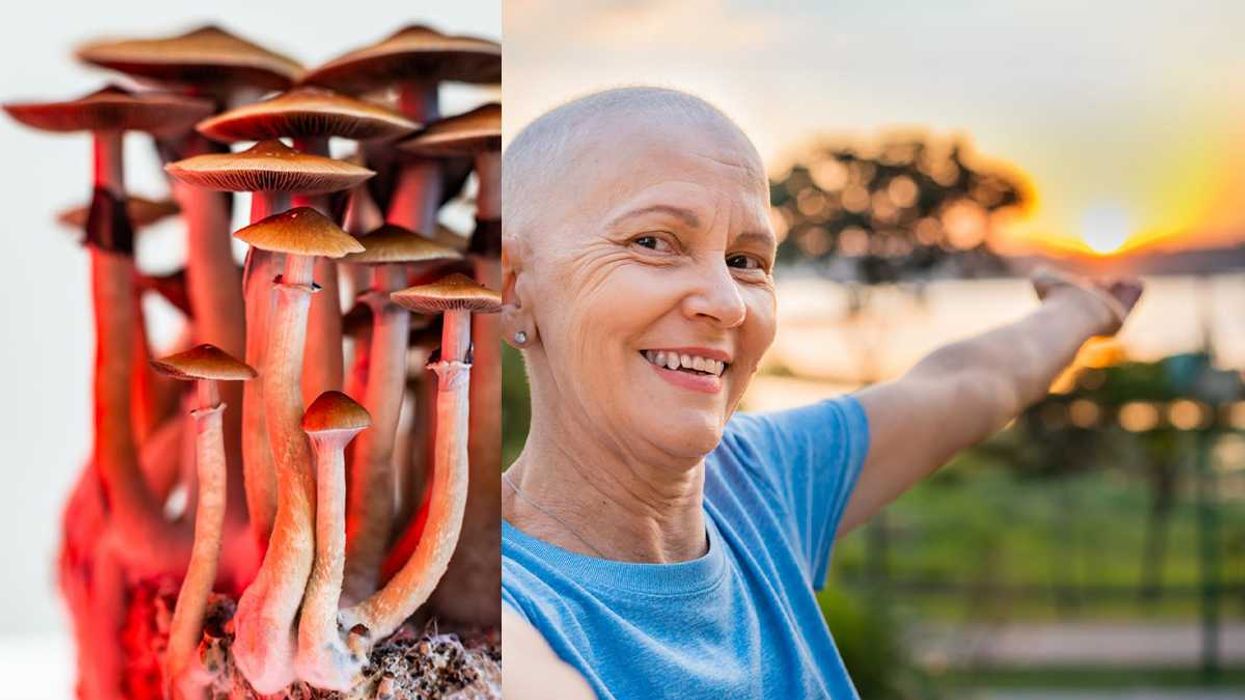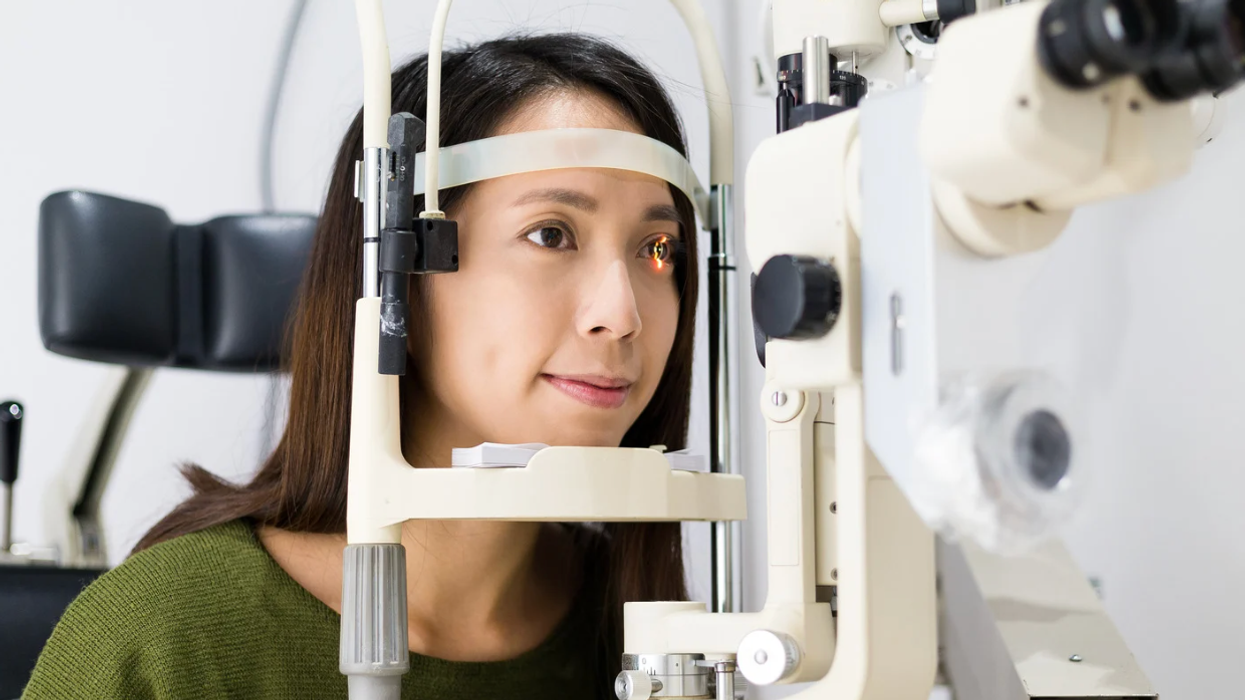When medical students don their white coats for the first time, they take an oath to devote themselves to the care of their future patients. Unfortunately, for far too many students, this commitment comes with sacrifice — that of their own health and well-being.
My oath carried a commitment to “ensure patient well-being as my main focus and my primary obligation.” Although I wholeheartedly appreciate the notion of caring for my patients with all my energy, to state that anyone’s health aside from my own is my primary obligation speaks to the dangerous sacrifices expected of medical students.
On December 6, a major research study on medical students’ mental health was published in the Journal of the American Medical Association. Its findings have come as a shock to many — making news headlines across the world. For medical students, however, it has simply provided confirmation of what we have long known.
The study combined data from over 180 individual studies — totaling 129,000 medical students in 47 countries — and found that 27 percent of medical students were depressed or had depressive symptoms; 11 percent had thoughts of suicide; and 15 percent had sought psychiatric care.
Sadly, the culture of medicine and medical training is to blame. It has become ingrained in the minds of the established many that to suffer through medical school is a necessary prerequisite for students to learn. They believe that the status quo—a system of inevitable suffering—is the only way medical training can and should be offered. I can’t tell you the number of times that I have heard senior staff say that younger generations are weak, or that we don’t want to work hard, or that we’re lazy.
These individuals take pride in how much they suffered — as though it’s something we should want to emulate. And they have an expectation that we should follow suit. They believe that medicine is a calling, implying self-sacrifice comes with the profession.
There are numerous factors at play that explain the struggle felt by so many medical students. Students are required to work long hours — including call shifts exceeding 24 hours in length. They are then required to study during the limited off-work hours that they have. Additionally, students are required to adjust to being at the bottom of the medical system hierarchy and are often disrespected while in high-stress clinical environments. They are often subjected to abuse by jaded physicians or allied health professionals and are seen as an easy target—unlikely to speak up or speak out against such behavior. Add to this the student’s constant need to impress supervising physicians to ensure good evaluations and good recommendations when it comes time for residency applications.
[quote position="right" is_quote="true"]High tuition, no income, and hundreds of thousands of dollars of debt are the norm.[/quote]
Compounding these stressors are the social implications of being a medical student. High tuition, no income, and hundreds of thousands of dollars of debt are the norm. Relationships take a back seat . Family, friends, and significant others are rarely seen. There’s often simply no time for hobbies and social activities. Healthy lifestyles are not prioritized — resulting in poor sleep habits, limited physical activity, and unhealthy diets. Furthermore, taking time off from work is a difficult, often discouraged, process. And when there is vacation time, it is structured, not flexible.
Students suffer for many reasons. The above are but a few examples to provide context. Medical students may suffer for totally separate reasons, or they may have relevant reasons that weren’t mentioned here. One can only begin to imagine how these various factors can negatively impact one’s mental health if they start piling up.
Most students are unable or unwilling to speak up or speak out. They endure this culture of suffering because they do not want to rock the boat. They don’t want to cause any problems for themselves when it comes time for ultra-competitive residency position applications. As such, in order to avoid a negative evaluation or develop a poor reputation in the eyes of physicians, medical students stay silent.
[quote position="full" is_quote="true"]It’s a job, not a commitment to sign my life away.[/quote]
There’s also the societal pressure placed on medical students. We’re considered to be the cream of the crop — having excelled enough to gain admission into medical school. This plays out in two ways. Firstly, society thinks we’re all “smart enough” to be able to handle the challenges of medical school, simply because we were able to meet the rigorous demands required to gain entry. Secondly, because there are countless thousands of unsuccessful candidates, society expects us to be eternally grateful for the opportunity to study medicine—to be unhappy or to speak out makes us unappreciative or even “entitled.”
I don’t even know where to begin with this. It’s a job, not a commitment to sign my life away. The end.
The select few students who speak up, or those who are unable or unwilling to withstand this suffering are often labeled weak and told they are unprepared for a career as a physician. I’m a bit outspoken on this stuff. And even I have been told that maybe I should reconsider career paths. There’s this expectation in medicine that we cannot vary from the status quo — no matter how archaic. The worst part about speaking out is the inevitable condescending responses that follow. I’ve been told I’m not ready for the real world, for one.
The release of studies on medical students’ health, such as the one highlighted earlier, are important for advocating for the health and well-being of medical students. No profession in the world should accept a 1 in 4 rate of depression or a 1 in 10 rate of suicidal ideation — let alone a profession that trains young learners to become leaders and providers of healthcare.
The devastating irony of this is not lost on us. We treat to heal. We advocate and promote health. Yet, our own health has taken a beating. Forced hypocrisy by systemic design. When it comes to mental health, we cannot afford to be reactive by trying to bandage this broken medical school culture. Let us use such evidence as a tool to enact proactive change for our medical students. Let us ensure our future medical professionals are themselves healthy, before giving them the responsibility of ensuring the health of society-at-large.
One can only hope that archaic views of medicine and the need to suffer die out with changes in generations of physicians. That said, we need to continue to openly speak out about such issues in order to ensure that this negative cycle does not perpetuate. We know it’s wrong, let’s make it known. And when we become residents and staff, let’s remember how horrible the culture of medical school can really be. And please, for the love of all things good, don’t be the type of staff that questions why a student wants to go home after his or her call shift has ended.






















 Ladder leads out of darkness.Photo credit
Ladder leads out of darkness.Photo credit  Woman's reflection in shadow.Photo credit
Woman's reflection in shadow.Photo credit  Young woman frazzled.Photo credit
Young woman frazzled.Photo credit